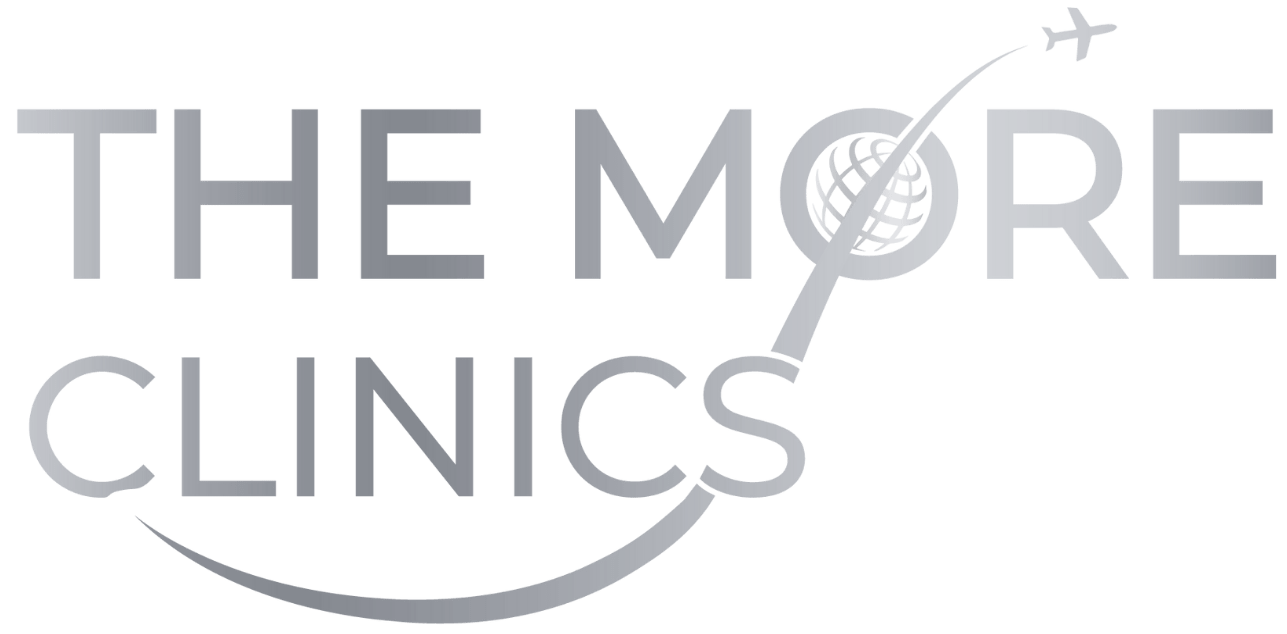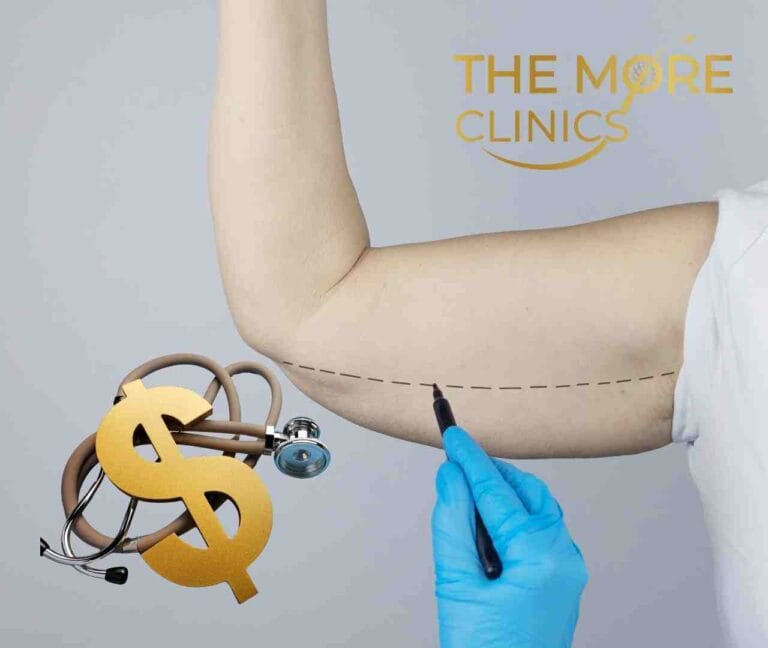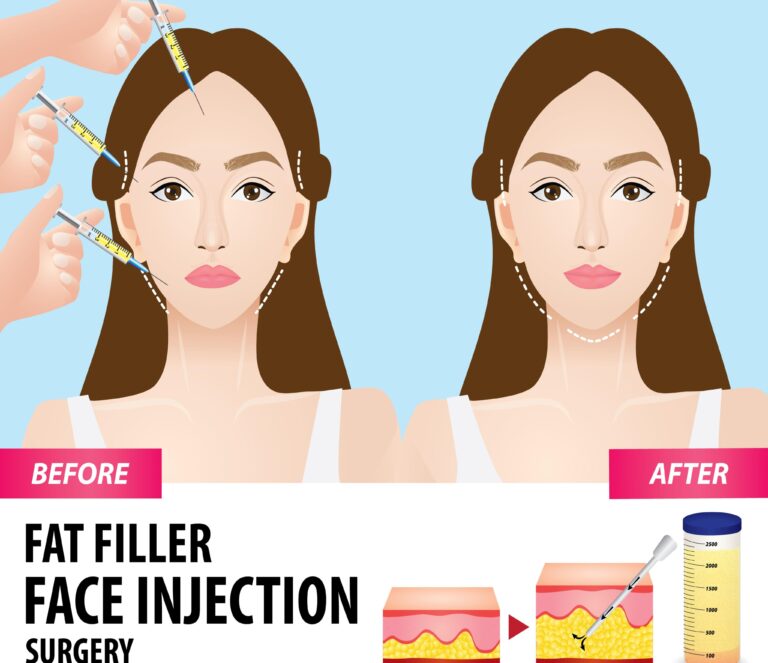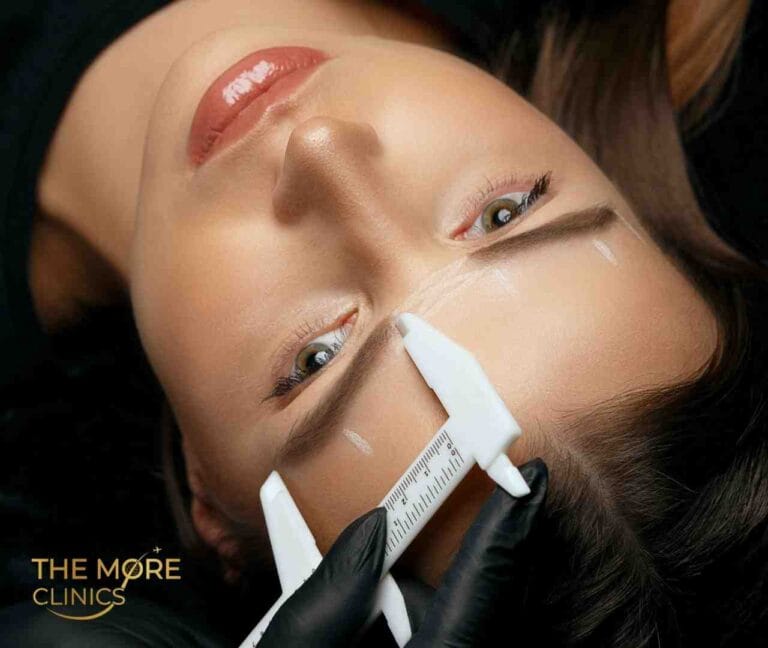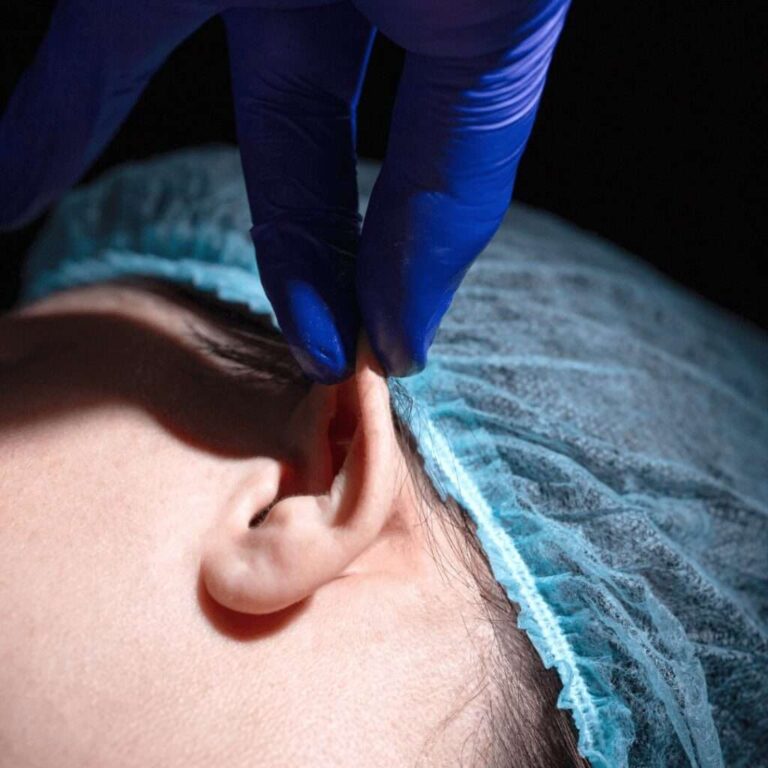Facelift Myths Explained
Facelifts: Myths vs. Facts
Facelifts are a popular cosmetic plastic surgery that aims to rejuvenate the face and restore a youthful appearance. However, there are several facelift myths and misconceptions surrounding facelifts that can discourage potential candidates from considering this transformative procedure.
Let’s separate fact from fiction and debunk these common facelift myths, providing you with accurate information to help you make an informed decision.
Myth 1: Facelifts Look Unnatural
Fact: One of the most prevalent myths is that facelifts result in a pulled or unnatural appearance. This misconception likely arises from outdated techniques. Modern facelift procedures are highly advanced and focus on achieving natural-looking results. Check Vertical Restore Facelift Guide.
Expert surgeons, like those at The More Clinics, take a personalized approach, ensuring that the outcome harmonizes with your unique facial features.
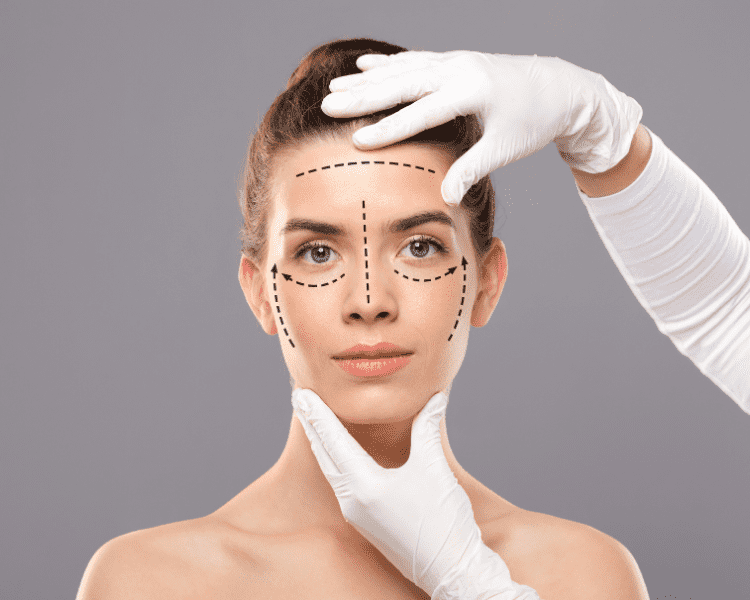
Myth 2: Facelifts Are Only for Older People
Fact: Facelifts are not exclusively for older individuals. Factors such as genetics, lifestyle, and sun exposure can contribute to visible signs of aging at various stages of life. Some individuals in their 40s or even younger may benefit from a facelift to address early signs of aging and prevent further progression.
Myth 3: Facelifts Are Only for Women
Fact: Facelifts are not limited to a specific gender. Men, too, can experience sagging skin, wrinkles, and volume loss. Modern facelift techniques are adaptable to the unique needs of both men and women, allowing for natural and rejuvenating outcomes regardless of gender.
Myth 4: Facelifts Are Painful and Require Lengthy Recovery
Fact: Advancements in surgical techniques and anesthesia have significantly improved the facelift experience. While some discomfort is expected during recovery, pain is manageable with prescribed medications. Moreover, recovery times have shortened, allowing many patients to return to their daily activities within a couple of weeks.
Related Post: Facelift Recovery Timeline and Guide
Myth 5: Facelifts Leave Noticeable Scars
Fact: Skillful surgeons take great care to place incisions in discreet locations, such as within the hairline or along natural creases. These incisions tend to fade over time and become nearly imperceptible. With proper scar care and adherence to post-operative instructions, scarring can be minimized.

Myth 6: Facelifts Last Forever
While a facelift can provide long-lasting results, the aging process continues. While the procedure can effectively turn back the clock, it cannot halt the passage of time. However, maintaining a healthy lifestyle and adhering to proper skincare can extend and enhance the longevity of your facelift results.
Myth 7: Botox and fillers (injectable treatments) deliver the same effects.
Fact: Although Botox and fillers can temporarily enhance facial appearance, they cannot match the comprehensive outcomes achieved by a facelift. Facelifts address muscle laxity, sagging skin, and volume loss, while injectables only target specific areas with limited effectiveness and duration. In fact, many patients choose to combine both procedures for optimal rejuvenation.
Last Words from the More Clinics Turkey
Unveiling the truth behind common facelift myths is essential for individuals considering this transformative procedure. By understanding the realities of modern facelift techniques and their outcomes, you can confidently explore the possibilities of enhancing your natural beauty.
Related Post: Facelift Surgery Guide
The More Clinics: Your Trusted Partner
At The More Clinics, we believe in providing accurate information and dispelling myths surrounding cosmetic plastic surgery procedures. Our experienced team of surgeons is dedicated to helping you make well-informed decisions that align with your goals and expectations.
GET A FREE CONSULTATION!
Let’s Start Planning Your Treatment %100 Guarantee Results.

Written by The More Editorial Team and Medically Reviewed by Dr. Gökhan Bacak who specialized on Medicine and Plastic Surgery
